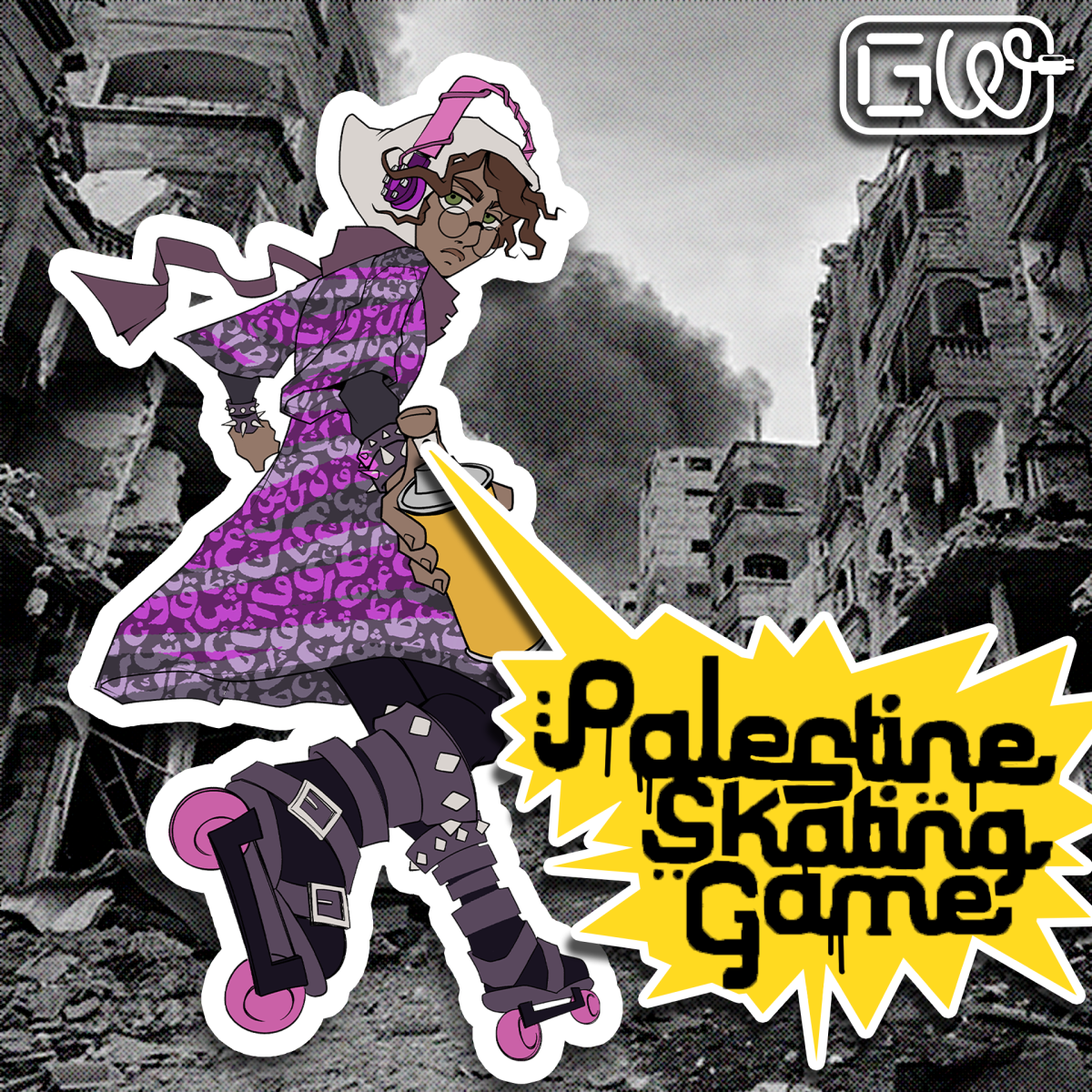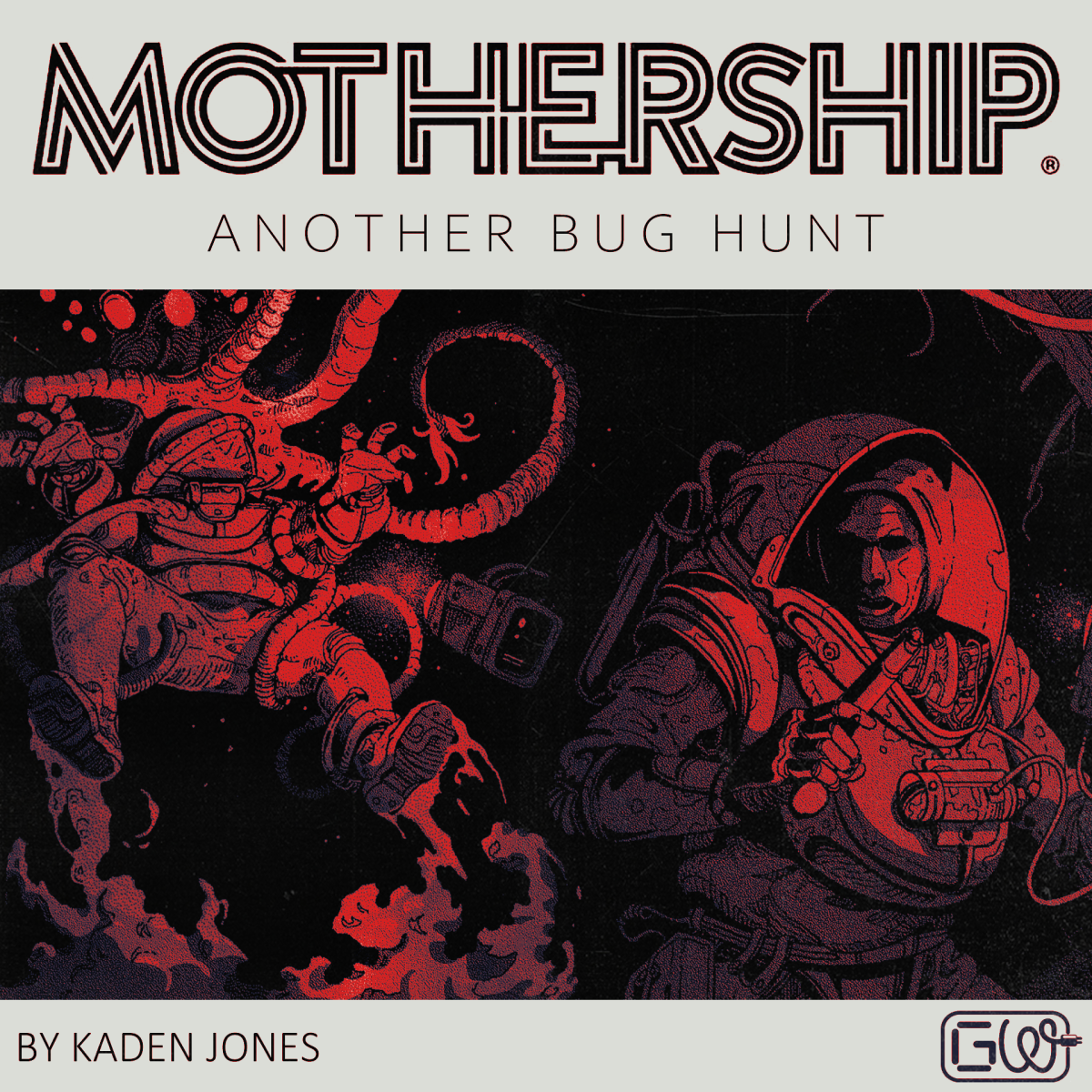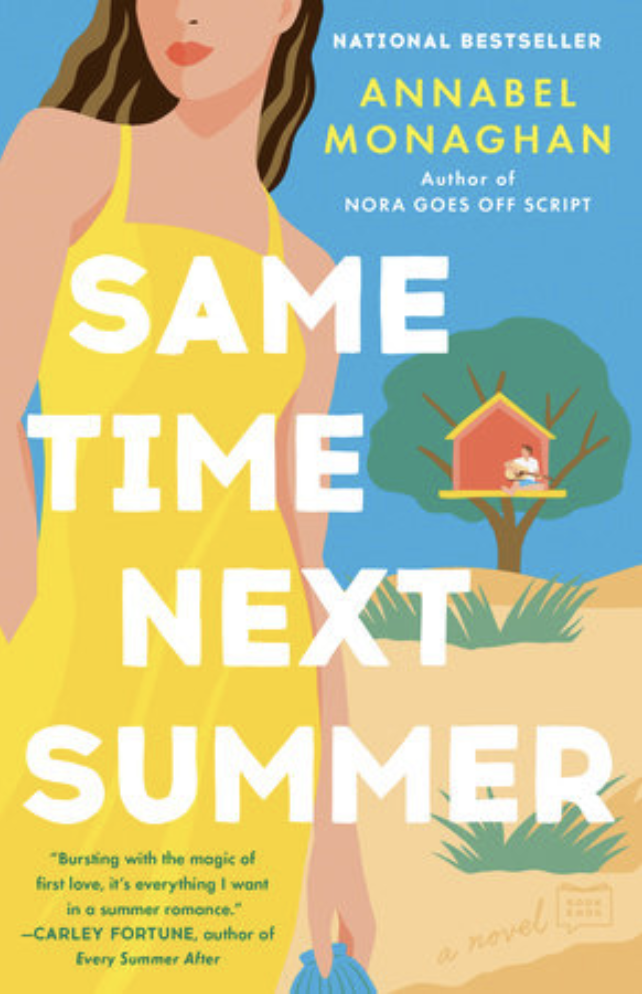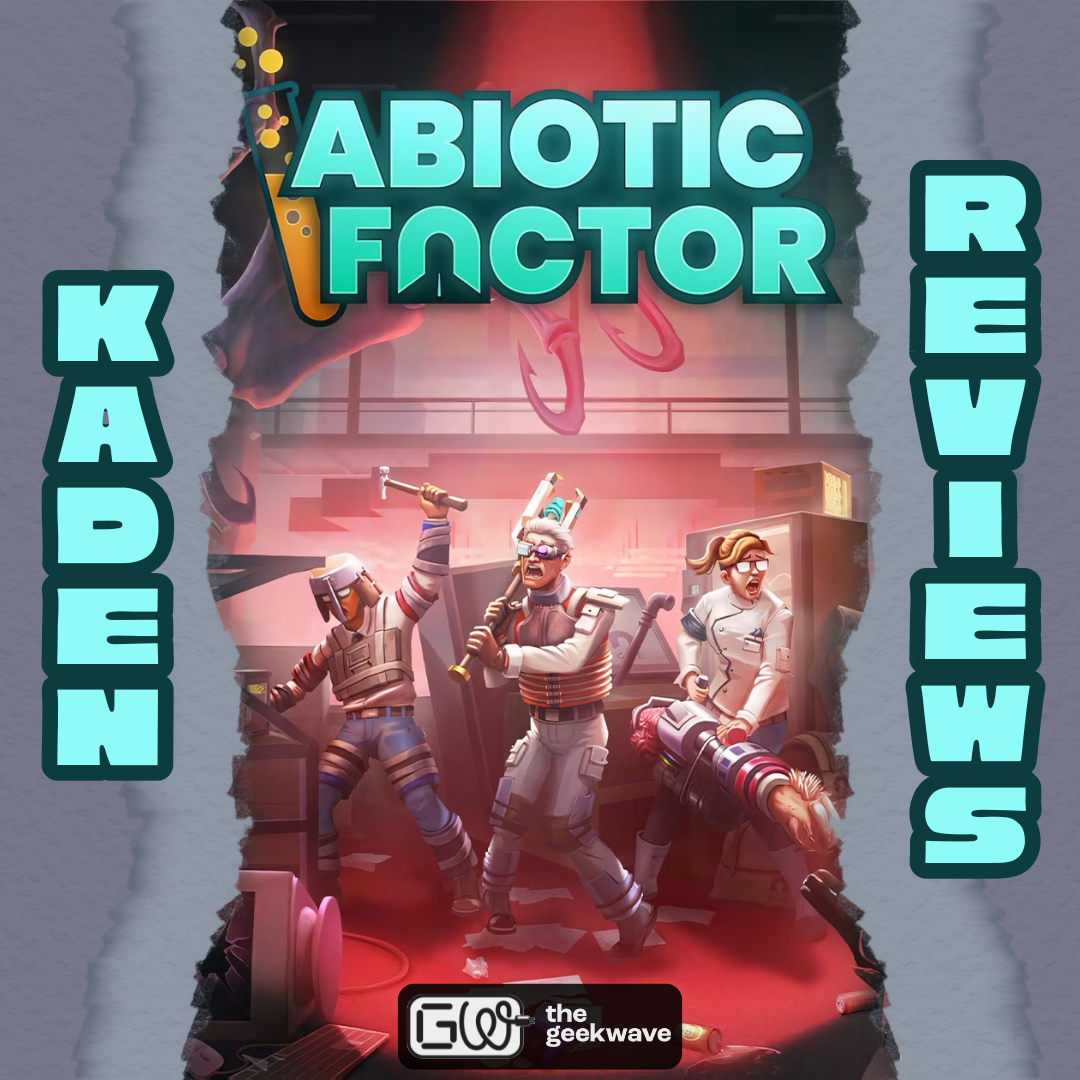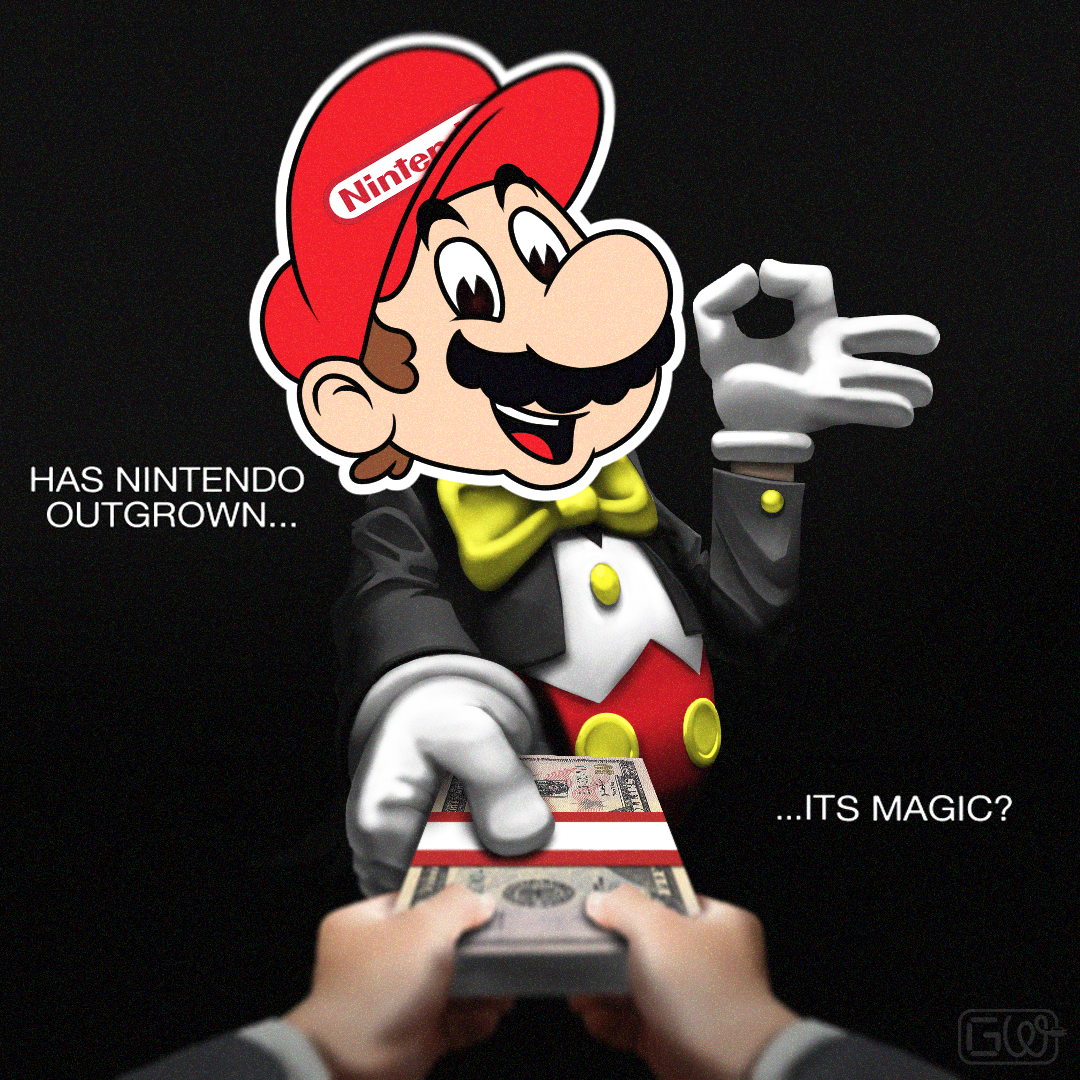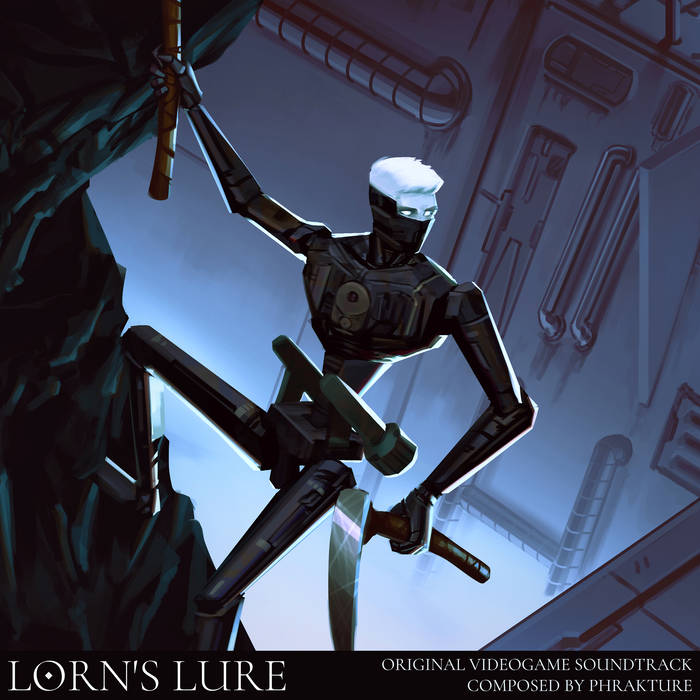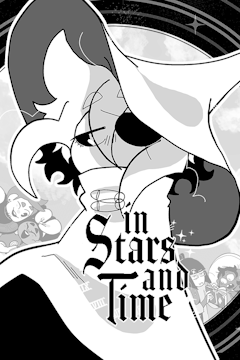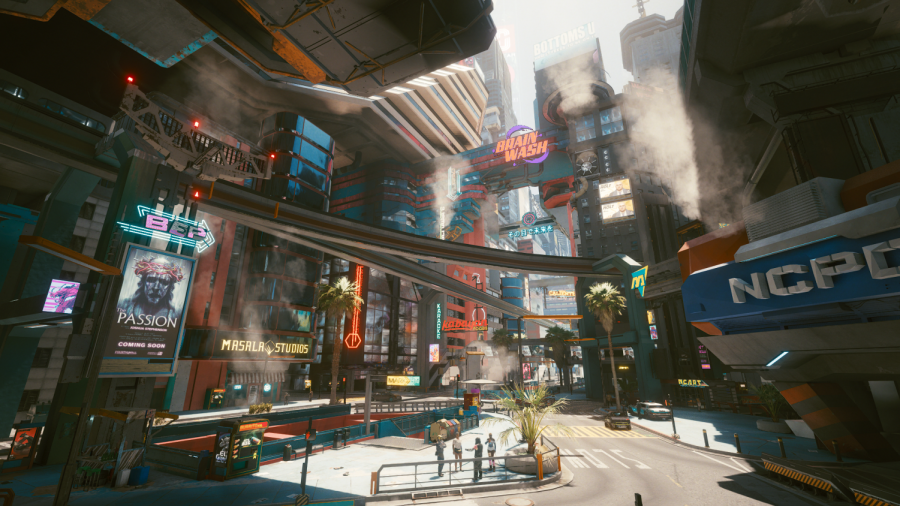Grief is one of the oldest themes to explore in all forms of media, it’s an experience that everyone will feel during their lifetime, most likely more than once, yet somehow it never feels easier when it hits again. It can be hard to explore this theme effectively as grief is a very individual experience – the story either has to explore a very personal and specific form of grief, or it has to craft a more broad narrative that allows for the audience to explore their own way of grieving. Expedition 33 toes the line and accomplishes both through its storytelling, incorporating the hard hitting elements of a detailed story, while also giving the audience a way to connect with the narrative through different forms and stages of grief. This is because of the many individual characters that the developers bring to life throughout the story, all of which are fully fleshed out and grieve in vastly different ways. There also is a sort of moral grayness that exists in the choices the player makes and the overall character arcs that allow for the player to connect with and process a form of grieving that they may not experience themselves.
Aline
Before we even boot up the game we are confronted with Aline’s grief, with her in her Paintress form cradling herself in front of the monument. It is a striking image that immediately throws the player off. She is the cause for our characters strife, the force that will kill them in a year’s time, and yet she seems just as mournful as we are. When we finally confront her at the top of the monument, we aren’t met with an angry god or a vengeful spirit. We are instead met with a maternal- like figure. It is only when she is confronted by her own reality, that the facsimile of her son is not real and her daughter is no longer the version she sees in front of her, that she becomes aggressive and attacks the party. Her illusion is breaking, and therefore, so is she. This fictional world that she has created inside her son’s painting is crumbling, not only because of her husband and eldest child, but because the truth is sticking more permanently in her mind.
Aline must feel incredible guilt for the death of her son. She is supposed to be the head of the painting council, the best that there is, and it is because of that position and power that her family was at risk in the first place. She believes that she is powerful enough to undo her own reality, so she buries herself in the last remainder of her son and paints a new family from the ashes, a family that is whole and unable to be taken from her ever again. Her grief takes form in extreme escapism and delusion. She knows better yet is unable to act on that knowledge. She has committed herself to death in order to continue living in a world where her son still lives.
Clea
Clea, I feel, is the most misunderstood of the Dessendre family. Her role in the story is mostly told in the absence of where she should be. If you just play through the game without doing much side content you may barely remember her at all, with the first time you see her being in the reveal of Act 2. However, Clea’s lack of presence is actually a form of grief all in itself. Maelle tells us in the floating manor that Clea might actually be the most talented paintress in their family and it is revealed she is responsible for the design and creation of the nevrons we fight throughout the game. This raises one very important question:, why did she send Maelle into the painting instead of going herself? Realistically, it should have taken Clea no effort to aid her father in forcing her mother out of the painting, but she still refuses. Instead, we see her throw herself into this budding war started with the death of her brother, choosing to push her grief down and lose herself in a larger conflict.
If you choose to fight Maelle in order to destroy the canvas, the ending you get depicts Renoir holding Aline, Maelle saying goodbye to the painting and the people she loved within it, and Clea simply arriving late and leaving early. The rest of the family has gotten simulated years to process their grief and share that experience within the canvas, but Clea did not. For her, it has been merely days since the fire. Everyone else in their family is confronting their grief and beginning to move forward, but she is stuck.
We learn from Clea’s shadow in the Endless Tower that the canvas we are playing in did not belong to Verso alone, it was Verso’s and Clea’s playground they built together. If anyone were to use the canvas to grieve, it should have been Clea. Yet it is for that very reason that she is unable to enter it. Everyone else in her family gets to use that canvas to create their own fantasy, but for Clea all it contains is memories. She does not have the privilege of immersing herself in this shared delusion because everywhere she looks she would see Verso and be confronted with the fact that he is dead.
Maelle
Maelle is the character we get to see work through her grief throughout the game, but her way of coping with it makes a dramatic shift between acts. After Gustave’s death at the end of act one, Maelle takes it hard but the mechanisms she uses to cope are pretty healthy all things considered. She carries on in his journal for the people back home, she picks up his habit of throwing rocks at the paintress, and she channels her anger into her fights. She is angry and devastated, but she is continuing to live her life in his absence.
This all changes when she regains her memories after being gommaged at the end of act two. Now she is grieving for two brothers, two men who were brutally killed right in front of her. She is also grieving for herself, for her perceived loss of autonomy from the damage the fire did to her body. But she also remembers that she has the power to change that as one of the only painters in the canvas, just like her mother. She already experienced an entire adventure with her ‘brother’ that she never should have had the opportunity to, why couldn’t she do the same for Gustave or for the rest of Lumiere? Maelle justifies it to herself that they had all been taken from the world unfairly, she is only giving them a second chance, and she is egged on by Sciel and Lune who grieve for many themselves.
Maelle no longer does anything to cope with this grief, she is just going to recreate the world as if nothing had happened. She gets so consumed by the idea that she is even willing to stab her father over it, a man who only wishes to save his daughter from this exact fate. Maelle even sees her fate play out in front of her, her mother re-entering the canvas too soon, too frail, dying, and Maelle does not care. She believes she is different, that she is in control, but she isn’t. During the ending sequence, Maelle is confronted with the actual piece of Verso’s soul, the little boy who maintains the canvas, who wishes to stop but can’t because he doesn’t want to upset his family.
He is conscious, he is tired, and he is real. Still if you choose Maelle’s ending, she decides to ignore that real piece of her brother and even the facsimile of her brother when they express the pain that they are in. Maelle does not let her brother’s spirit move on, forced to do a task he didn’t actually enjoy doing even in life. She also does not allow painted Verso to ‘die’, which has been his stated goal this entire game, even as he pleads with her over and over to just kill him. Instead she imposes her own will onto the canvas, she repaints all of Lumiere, including Gustave, Sophie, and everyone who was gommaged. She also repaints Verso, this time allowing him to age. But as we see in the end, she is getting sick, she is dying the same way her mother was, and there is no one looking to save her. She is the start of the grieving process we see reflected in Aline, together they make a whole story.
Conclusion
Even though I have played through this game twice, I feel as if I have only grasped the surface of the story. With such a simple and singular theme of grief, the story that Sandfall Interactive wove around this tragic family is once in a generation. It gives the player space to work through their own feelings about family, loss, and how to move forward in times of tragedy. Even if you cannot get into the gameplay or simply do not wish to enter the world of RPG’s, I would seriously consider watching a playthrough as this is a story you do not want to miss.
Check out Clair Obscur: Expedition 33 on Steam, Xbox, and Playstation!
Check out our latest post from Emma Day, The Women Review!



